At just 27 years old, Borussia Monchengladbach’s Rene Maric is the youngest assistant manager in the Bundesliga.
The Austrian previously won league, cup and youth titles with Red Bull Salzburg, and he has helped Gladbach into an unlikely Bundesliga title race this season.
Maric spoke to Goal and SPOX about his views on modern football tactics, his dislike of a purely ‘scientific approach’, and the importance of understanding pressure.
“For me, [tactics are] definitely not a specific match plan with pre-determined sequences, situations, or moves,” Maric said.
“In my mind, tactics describe the sum of a team's decisions about how they're going to solve a particular situation.
“Tactics is, for instance, a player recognising where and how he is being closed down but still managing to still see an available team-mate. And also how that team-mate has positioned himself in such a way to remain available, and then to receive a pass in the right place at the right moment.
“Ultimately, it's a very simple process: on the pitch, you're either protecting the ball, demanding the ball, or creating space. There is nothing else.
“Tactics is the mutual resolving of a situation through these actions by means of predefined playing philosophies, which correspond with the players' abilities and their understanding of the game.”
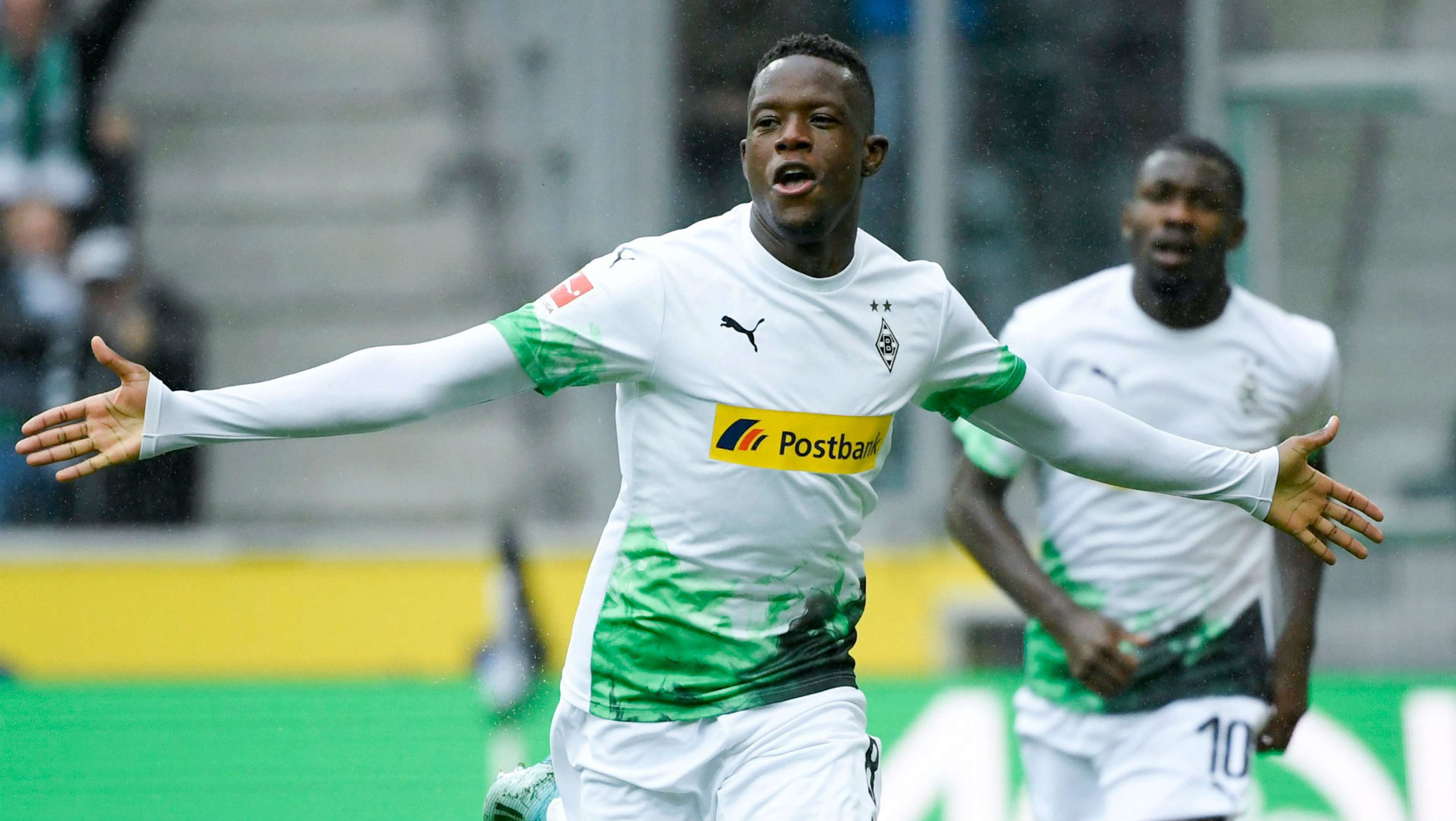 Getty Images
Getty Images
For Maric, being able to resolve these situations on an individual level means being able to deal with the pressure of a game and react to changes in its situation.
"Mike Tyson once said that everybody has a plan until they get punched in the mouth. And sometimes, figuratively, you get punched in the mouth during a game, too," he explained.
"Therefore, the more players are able to find good solutions, the better the situations are that they'll be able to put their team-mates in. Too much coaching instruction can compromise that ability in players.
“As a general rule, every player feels pressure in a different way.
“Lionel Messi, for example, may feel it less than other players. It's about training them in such a way that will allow them to feel as little pressure as possible and to not lose the ball.
“That's because - on the field - it is the player who decides: if he feels that by taking another touch he will lose the ball, then he'll pass - and, in itself, that wouldn't be the wrong decision.
“In the past, people always used to discuss the way the distances in a back four should look.
“If the opponent positions itself four metres deeper, however, the full-back might need to stand two metres higher.
“You could make this more scientific by incorporating angles, specific distances, or geometric shapes.
“But for me, that's the wrong approach. You should trust the players to find the right decision within the principles of play.”
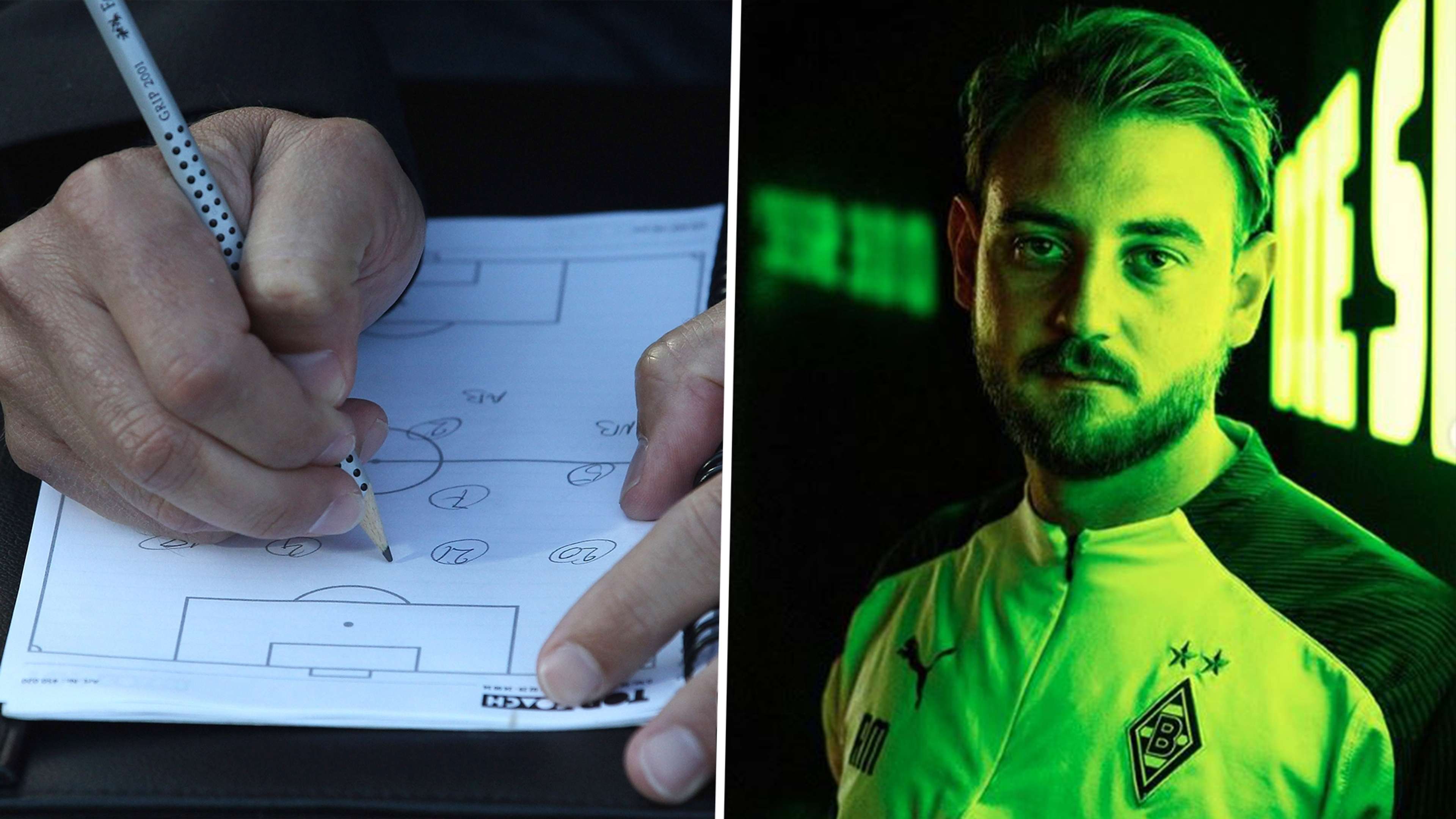




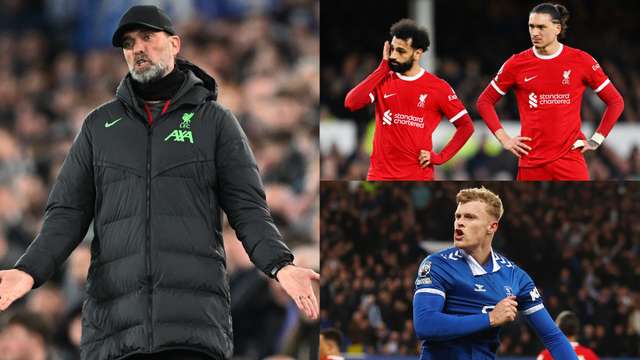
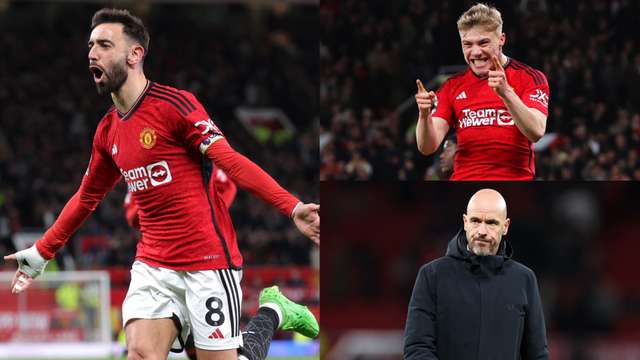
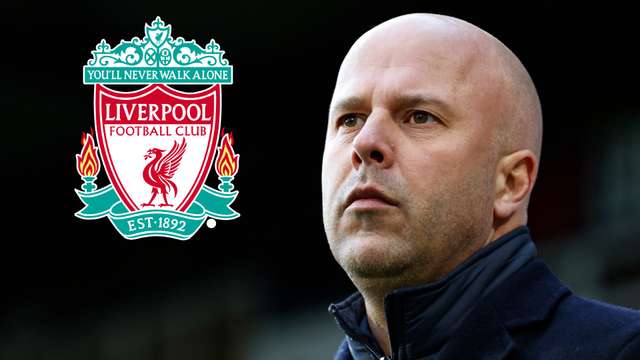
.jpg?auto=webp&format=pjpg&width=640&quality=60)